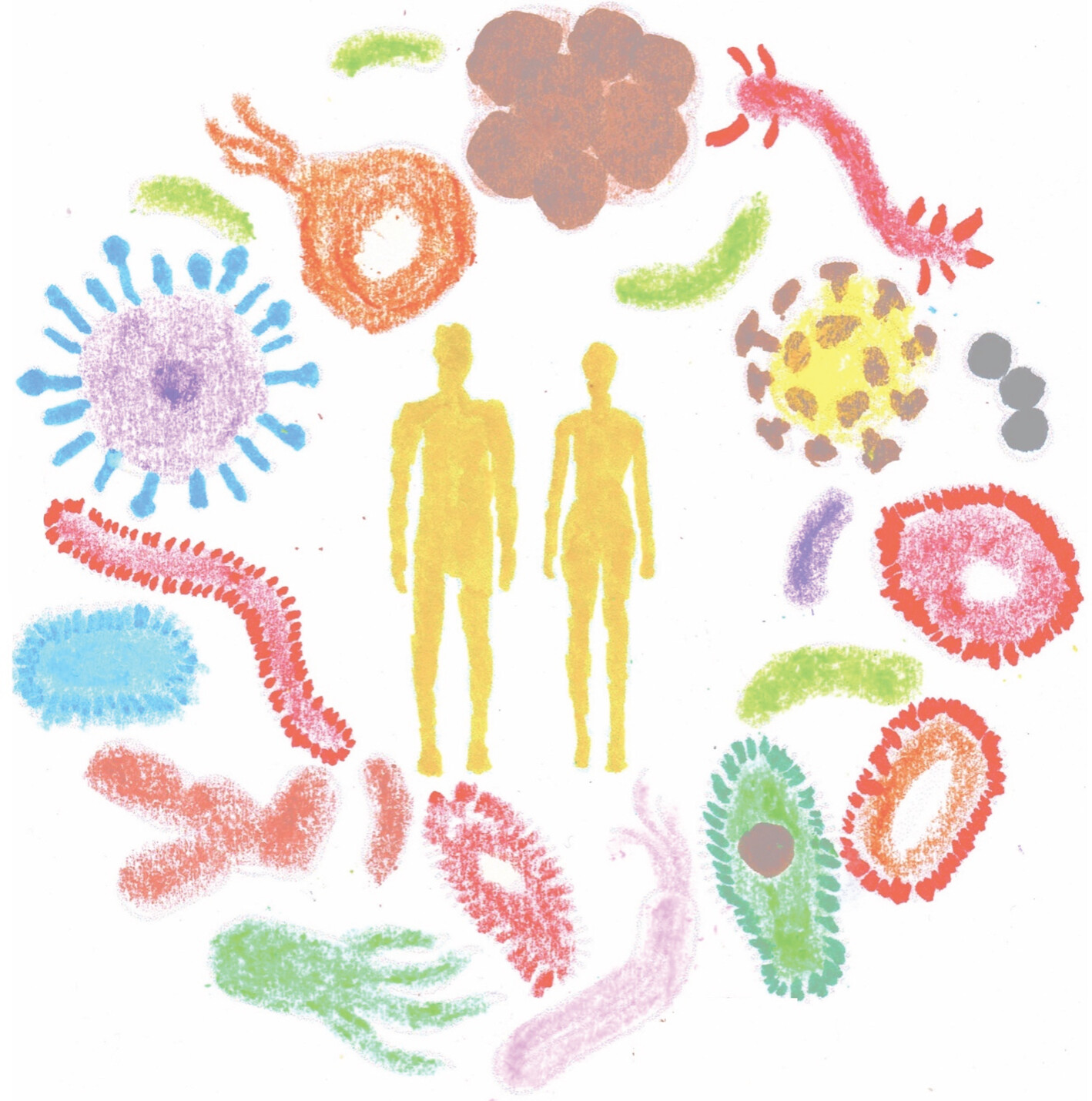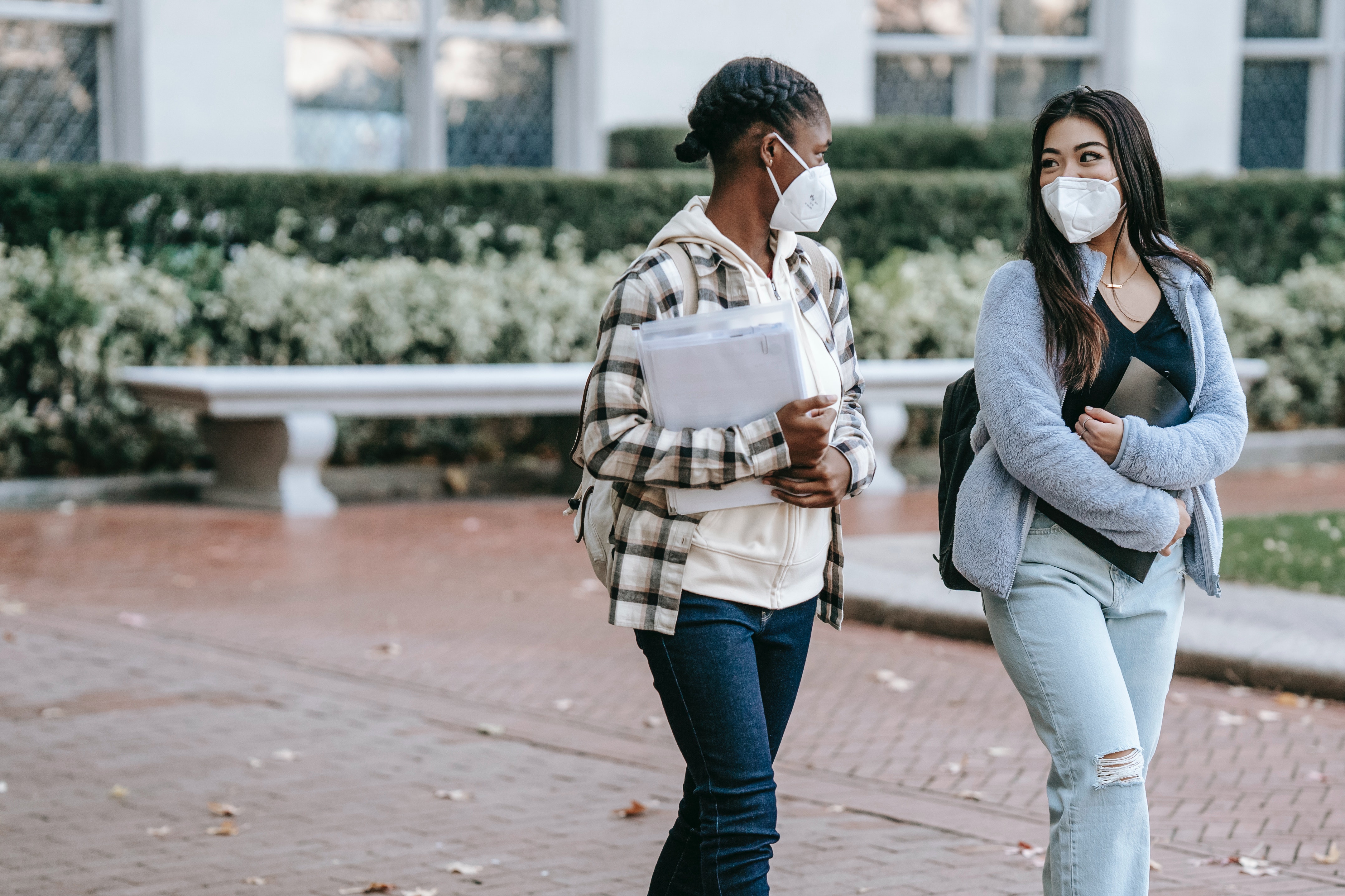Recognising, publishing, and promoting excellence in science are part of our core values as a not-for-profit society publisher. To celebrate brilliant science and the researchers behind it, we're sharing the top-cited article from each of our journals in 2021.

Philosophical Transactions B
Continuing its long history of influential scientific publishing, Philosophical Transactions B publishes high quality theme issues on topics of current importance and general interest within the life sciences, guest-edited by leading authorities and comprising new research, reviews and opinions from prominent researchers.
Its top-cited paper from 2021, Novel coronavirus 2019-nCoV (COVID-19): early estimation of epidemiological parameters and epidemic size estimates by Jonathan M. Read, Jessica R. E. Bridgen, Derek A. T. Cummings, Antonia Ho and Chris P. Jewell, shows early modelling of epidemiological parameters and epidemic predictions of the COVID-19 pandemic which helped shape early responses.

Philosophical Transactions A
Philosophical Transactions A also publishes high quality theme issues on topics of current importance and general interest guest-edited by leading authorities, but within the physical, mathematical and engineering sciences.
The top-cited article from this journal, Time-series forecasting with deep learning: a survey by Bryan Lim and Stefan Zohren, explores how deep learning can facilitate decision support with time-series data.

Open Biology
Open Biology is a fully open access journal that welcomes original, high impact research in cell and developmental biology, molecular and structural biology, biochemistry, neuroscience, immunology, microbiology and genetics.
Its top-cited paper from 2021 entitled, Hallmarks of cancer—the new testament by Sasi S. Senga and Richard P. Grose, provides a deep insight into targeting cancers via innovative ways.

Proceedings B
Proceedings B is the Royal Society’s flagship biological research journal, accepting original articles and reviews of outstanding scientific importance and broad general interest.
Its top-cited paper, Native biodiversity collapse in the eastern Mediterranean by Paolo G. Albano, Jan Steger, Marija Bošnjak, Beata Dunne, Zara Guifarro, Elina Turapova, Quan Hua, Darrell S. Kaufman, Gil Rilov and Martin Zuschin, demonstrates that populations of marine molluscs have collapsed in recent decades in parts of the eastern Mediterranean as warming waters have made conditions unsuitable for native species.

Proceedings A
Proceedings A publishes articles across the chemical, computational, Earth, engineering, mathematical, and physical sciences. The articles published are high-quality, original, fundamental articles of interest to a wide range of scientists, and often have long citation half-lives.
The top-cited paper, Evolution of spray and aerosol from respiratory releases: theoretical estimates for insight on viral transmission by P. M. de Oliveira, L. C. C. Mesquita, S. Gkantonas, A. Giusti and E. Mastorakos, demonstrates that social distancing measures alone do not provide adequate protection from COVID-19, and emphasises the importance of ventilation and face masks in order to control the spread of the virus.

Interface Focus
Each Interface Focus themed issue is devoted to a particular subject at the interface of the physical and life sciences. Formed of high-quality articles, they aim to facilitate cross-disciplinary research across this traditional divide by acting as a forum accessible to all.
Its top-cited article, How did we get here: what are droplets and aerosols and how far do they go? A historical perspective on the transmission of respiratory infectious diseases by K. Randall, E. T. Ewing, L. C. Marr, J. L. Jimenez and L. Bourouiba, explains that respiratory disease transmission can be spread by droplets and aerosols, and suggests that all viruses and bacteria that travel by these routes can be stopped by mitigation measures like high quality masks that are able to block both droplets and aerosols.

Interface
Interface welcomes articles of high-quality research at the interface of the physical and life sciences, providing a high-quality forum to publish rapidly and interact across this boundary, and it is one of the only journals to cover this exciting new territory.
The top-cited paper from this journal, Mathematical foundations of moral preferences by Valerio Capraro and Matjaž Perc, looks at the reasoning behind why people act unselfishly, and explores the mathematical foundations of moral preferences.

Biology Letters
Launched in response to the need from the community for short and rapid communications, Biology Letters is an online, peer-reviewed journal that publishes short, high-quality articles, reviews and opinion pieces from across the biological sciences.
The top-cited paper from this journal, A marine zooplankton community vertically structured by light across diel to interannual timescales by Laura Hobbs, Neil S. Banas, Jonathan H. Cohen, Finlo R. Cottier, Jørgen Berge and Øystein Varpe, investigates how aversion to light has been used as a survival tactic used by small creatures in the ocean, and discovers that this photophobia may be protecting them against impacts of environmental changes in the Arctic.

Royal Society Open Science
Royal Society Open Science is an open journal publishing high-quality original research across the entire range of science on the basis of objective peer-review, welcoming the submission of all high-quality science including articles which may usually be difficult to publish elsewhere, such as replications or those that include negative findings.
Its top-cited paper from 2021, The effect of face masks and sunglasses on identity and expression recognition with super-recognizers and typical observers by Eilidh Noyes, Josh P. Davis, Nikolay Petrov, Katie L. H. Gray and Kay L. Ritchie, investigated the affect of face masks on facial recognition skills and found that, despite face masks covering a large proportion of the face, people still found it surprisingly easy to recognise familiar faces behind masks – speaking to the remarkable versatility of this human skill.
.jpg)
Emphasis is placed on impact factor in measuring the success of journals and articles, however by signing up to DORA we’re working to improve the ways in which the research we publish is evaluated by offering a variety of metrics, including citation data. Visit this blog post to find out more about our evolving publishing metrics.
If you'd like to receive more citations, think about publishing open access. Authors who choose open access publication are likely to benefit from increased dissemination and citation. Data from our Transformative Journal articles published in 2021 shows that open access papers received on average 29% more citations, 60% more downloads, and 34% higher Altmetric scores than subscription articles. Find out more on the benefits of open access.
Main image credit: Xavier Lorenzo





